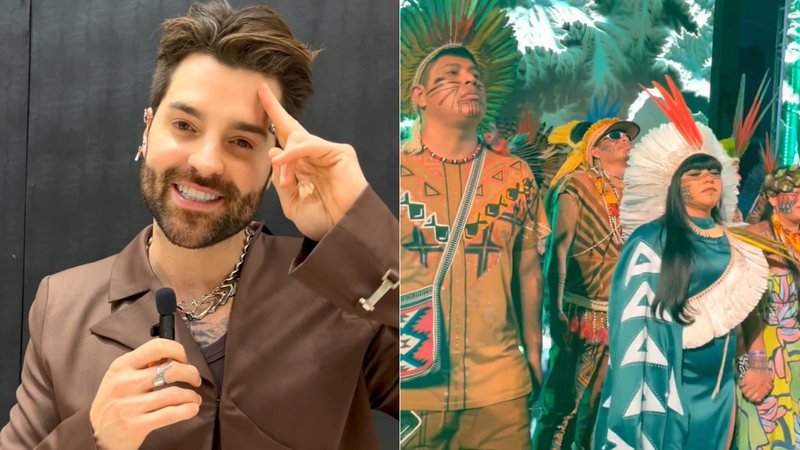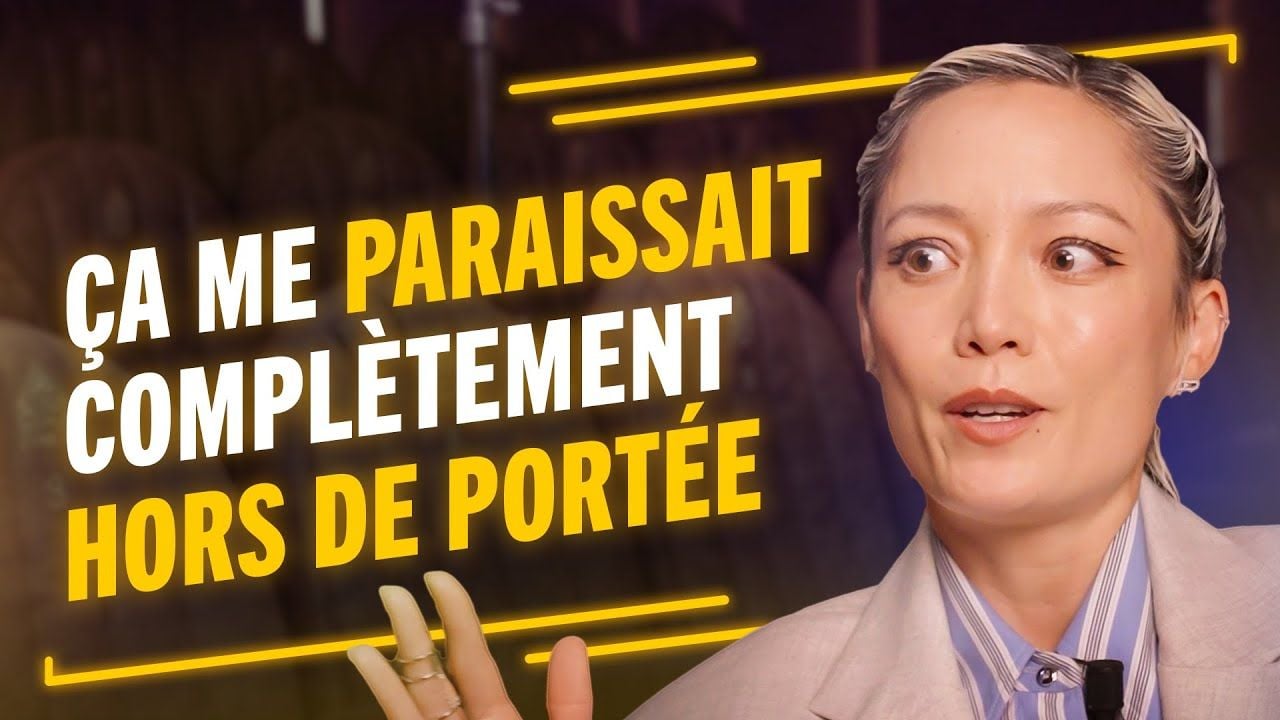Event brought together DJ and representatives of indigenous peoples within the G20 agenda in Rio, in an immersive experience for indigenous cultural recovery this Monday (18)
Alok presented a performance of the project The Future is Ancestral. “His main objective is to amplify indigenous voices”, the artist told Rolling Stone Brazil at the event, which took place this Monday (18) at Banco do Brasil Cultural Centerin Rio de Janeiro.
Described as an immersive experience, the presentation brought together, in addition to Alok, representatives of people such as the Yawanawáwho joined the DJ on stage to present the songs from the album of the same name, created in partnership with indigenous populations and released in the first half of 2024. The event took place within the cultural agenda of the meeting of G20which brought together leaders from the 20 most important economies on the planet in Rio.
See this photo on InstagramA post shared by Rolling Stone Brasil (@rollingstonebrasil)
The Ancestral Future It is a project that involved Alok for a decade, when he found purpose with the Yawanawá people. Its origins, however, go much further – they date back to centuries of indigenous people’s culture, passed down through generations. When the meeting with the artist from Goiás takes place, he understands the need to record the songs and rhythms, to preserve them for the future.
“We know that what is being hyped, what is trending, will only last six months”, said Alok in his speech to the event’s participants. “But on this project, I didn’t want to play the music industry game.”
More than an album, The Ancestral Future is an Alok project that rescues the original music of people like the Yawanawáyou Huni Kuin and the Guarani Nhandeva. In addition to the songs that were reimagined by the DJ, the project also rescues the songs in their original versions, recorded by the original people themselves, with more than 130 traditional songs recorded to date.
See this photo on InstagramA post shared by Rolling Stone Brasil (@rollingstonebrasil)
“My story started with them in 2014. I was experiencing a moment of depression in my life, looking for inspiration. And then I saw a song in a video and decided to go and check it out”, says the DJ. “When I got there, I redefined a lot of the way I deal with my art, because I was making music to work at the top, in e-sports, and they were making music to heal.”
“When I was in the studio with them in 2021, I remember they played a beautiful song for me, and I said, ‘Wow, what a beautiful song, when did you make it?’ [E eles responderam]’Alok, this one, from what we remember, is 500 years old’.”
See this photo on InstagramA post shared by Rolling Stone Brasil (@rollingstonebrasil)
Latin Grammy and recognition
Recognition for the work was reinforced last week, when Alok passed through Latin Grammyin Miami, Florida, on the 14th. In addition to a double nomination for the award, for “Pedju Kunumigwe” (with Guarani Nhandeva) and “Drum Machine” (with DJ Pickle), the artist appeared accompanied by representatives of the people with whom he has been working, such as Igor Nhandewa, Celia Xakriabá and Mapu Huni Kuinmarking the first appearance of indigenous music at the event.
“The Grammys is an important platform to amplify the voices and causes of indigenous peoples, the greatest guardians of our forests. This is the aim of the project”, said Alok at the time.
THE Rolling Stone Brazilhe reinforced the importance of initiatives such as The Future is Ancestralnot only to rescue the memory of original peoples, but also to preserve the planet’s biodiversity:
“There is data that shows that 5% of the global population protects around 82% of biodiversity – and, guess what? They are the indigenous people. So, for many people, the standing forest is not productive, but for them it is not just a question of productivity, it’s a matter of your culture, spirituality and way of living. So I think that every time we are talking about awareness, about protecting our forests, we also have to listen to what the forest has to tell us, and the best part is The way to do this is through indigenous songs, which is a translation.”
Source: Rollingstone
Earl Johnson is a music writer at Gossipify, known for his in-depth analysis and unique perspective on the industry. A graduate of USC with a degree in Music, he brings years of experience and passion to his writing. He covers the latest releases and trends, always on the lookout for the next big thing in music.









